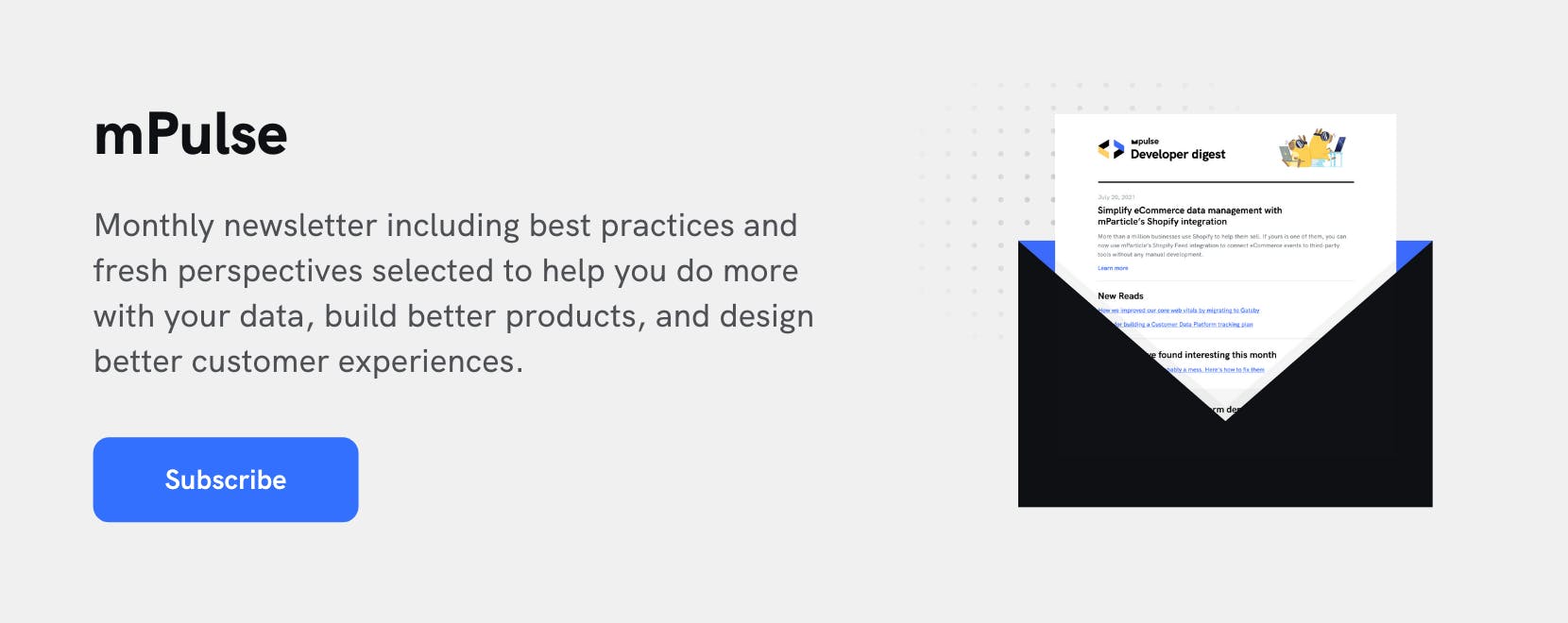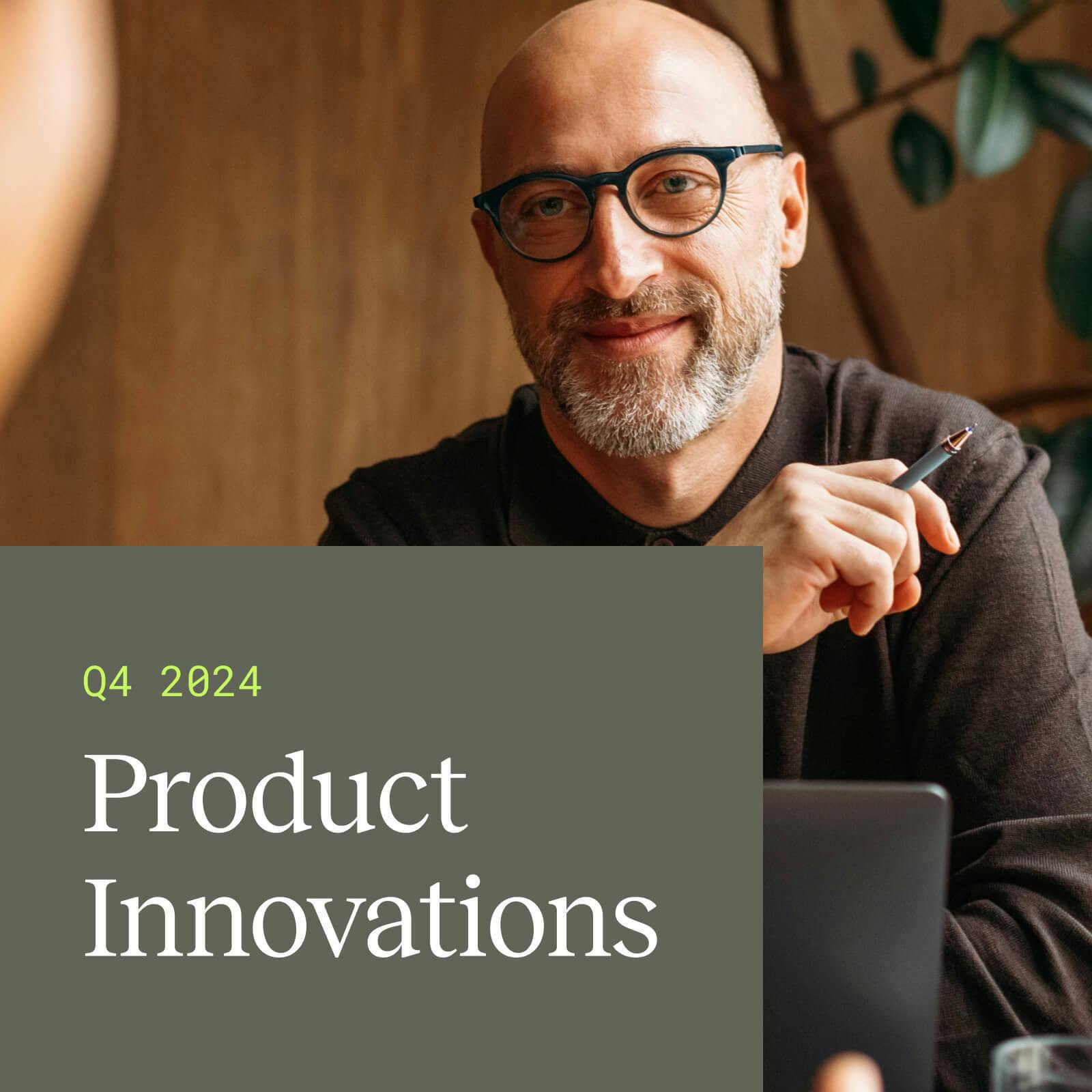What CMOs need to know about data governance
For CMOs, staying on the cutting edge of marketing technology and strategy means becoming an expert in data governance and security.

Collecting, managing, and leveraging customer data to inform marketing decisions has become an essential component of any successful marketing strategy. As CMOs embrace data-driven marketing and companies compile more and more customer data, marketers need to learn to use customer data efficiently to extract pertinent insights while also shouldering the responsibility of securing this highly-identifying personal data.
Beyond the possible impact to your sales and revenue, a data breach puts your customers at risk for hacking, defrauding, and financial difficulty depending on the type of personally identifiable information (PII) collected by your data management systems. A data breach is not only costly for your organization, it rightly diminishes the trust customers have in your brand and can irreparably tarnish the public’s view of your company.
In addition, we can expect more data governance and security measures, such as GDPR, to be put in place to protect the private and sensitive information of consumers. Non-compliance with these regulations can result in a hefty fine (4% of global sales in the case of GDPR), further highlighting the importance of staying up to date with data governance and security standards.
At first glance, this may seem like a problem for Product, IT, or even Legal, but the truth of the matter is that Marketing has just as important of a role to play in ensuring that customer data is collected, transformed, and shared properly. So, as a CMO, what do you need to know about data governance, and what can you do to ensure the security of your customers’ data?
Why do you need data governance in marketing?
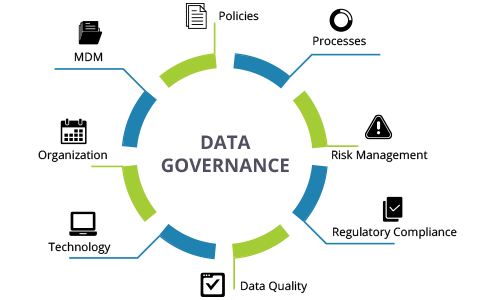
A marketing team typically works with data that involves customers and accounts (e.g., demographics, interactions, behaviors), products, transactions and activities, as well as reference data.
The quality of these datasets affect the marketing insights you extract from them, which will, in turn, impact your decision-making process.
Data governance acts as a quality control for your customer data and allows you to operate more effectively:
- High-quality data saves time and money by allowing you to increase data efficiency through the reduction of duplication and errors. You can optimize your campaigns by reaching the right audience with the right content and by delivering an experience that matches each individual customer’s life cycle stage and customer journey.
- Consistency, reliability, and repeatability of data mean you can define consistent metrics and KPIs across the organization so that everyone is on the same page when it comes to analytics and reporting.
- Governance guarantees data integrity so your data program and marketing strategy can be sustained even as the business environment shifts.
- Confidence and clarity in your data mean you won’t be losing sleep over conflicting data sets, which can have legal and financial implications. Poor data quality can lead to penalties and fines, not to mention bad publicity.
- Data governance ensures that your operations are compliant with privacy policies and regulations (e.g., GDPR) to protect consumer information, especially around the use of non-public or personally identifiable information.
The challenge marketers face in data governance and security
It has become increasingly important for CMOs to take the lead in order to ensure data governance and security within an organization. If this sounds like a big undertaking, it’s because it can be. Some of the challenges faced by CMOs and their teams are:
- Customer data is often stored on multiple platforms in different formats as part of your marketing stack, making it challenging to reconcile the data, ensure consistency, and implement uniform security protocol.
- The use of outdated data management technologies that are not designed for meeting today’s data security standards makes compliance with new regulations such as GDPR more challenging.
- Insufficient training or education across the organization means employees may not understand the importance of data governance nor have the knowledge to implement the necessary measures.
How to improve data governance and security in marketing
To properly manage and secure customer data, you need to consider how you’re collecting and storing the information:
Be strategic about data collection
More data isn’t necessarily better. Not only can too much information lead to errors and confusion; it can also create unnecessary liability.
Clearly define the need of your marketing initiatives and the associated KPIs so that you only collect the information you need to reach the right audience, deliver the most relevant content or offers to match their customer journeys and measure your results.
Integrate marketing technologies
Modern marketing means you’re likely using many platforms and services to implement your marketing strategies, whether that’s data warehouses, location data providers, email servers, CRMs, social media platforms, or mobile push providers, just to name a few.
Customer data from these disparate sources needs to be pulled together into one place and structured for it to be merged, analyzed, and utilized in a meaningful way.
While you can work with all of your service providers to try and match the nomenclatures and KPIs in your system, customer data platforms are able to collect your data regardless of source or nomenclature, so you can layer technology solutions to your marketing stack with minimal disruptions.
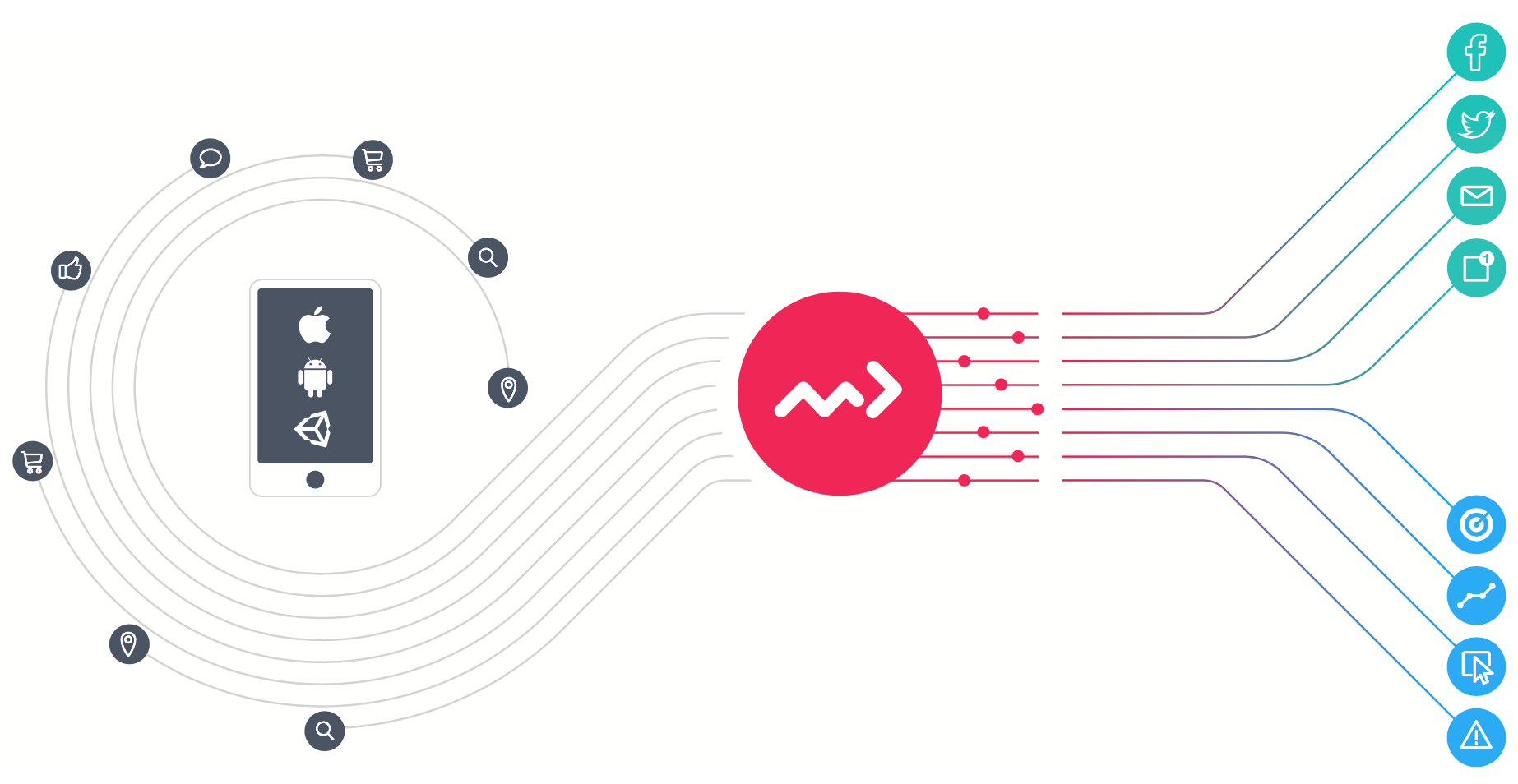
Get internal alignment
Data governance affects the entire organization and requires the collaboration of various departments. That means everyone needs to be on board, and on the same page.
For instance, how first-party customer data can be shared is probably different from how a hashed anonymous user ID can be used – and every department in the company should have the same understanding on how the data can be used.
The key to implementing data governance in marketing
Given how marketing data is often collected from different sources and used to support omnichannel strategies, it’s increasingly important that the information is stored in one centralized database.
Not to mention, it’s much easier to ensure security compliance when you only have one single database to maintain.
A centralized customer data management platform (CDP), built with privacy by design, is the best way for companies to maintain data governance by encrypting data from end-to-end, controlling access to information, and tracking usage.
In addition, a CDP enables you to collect, transform, and share customer information while maintaining the quality of the data through the creation of a single customer view —the foundation for creating timely, effective content that resonates with customers.
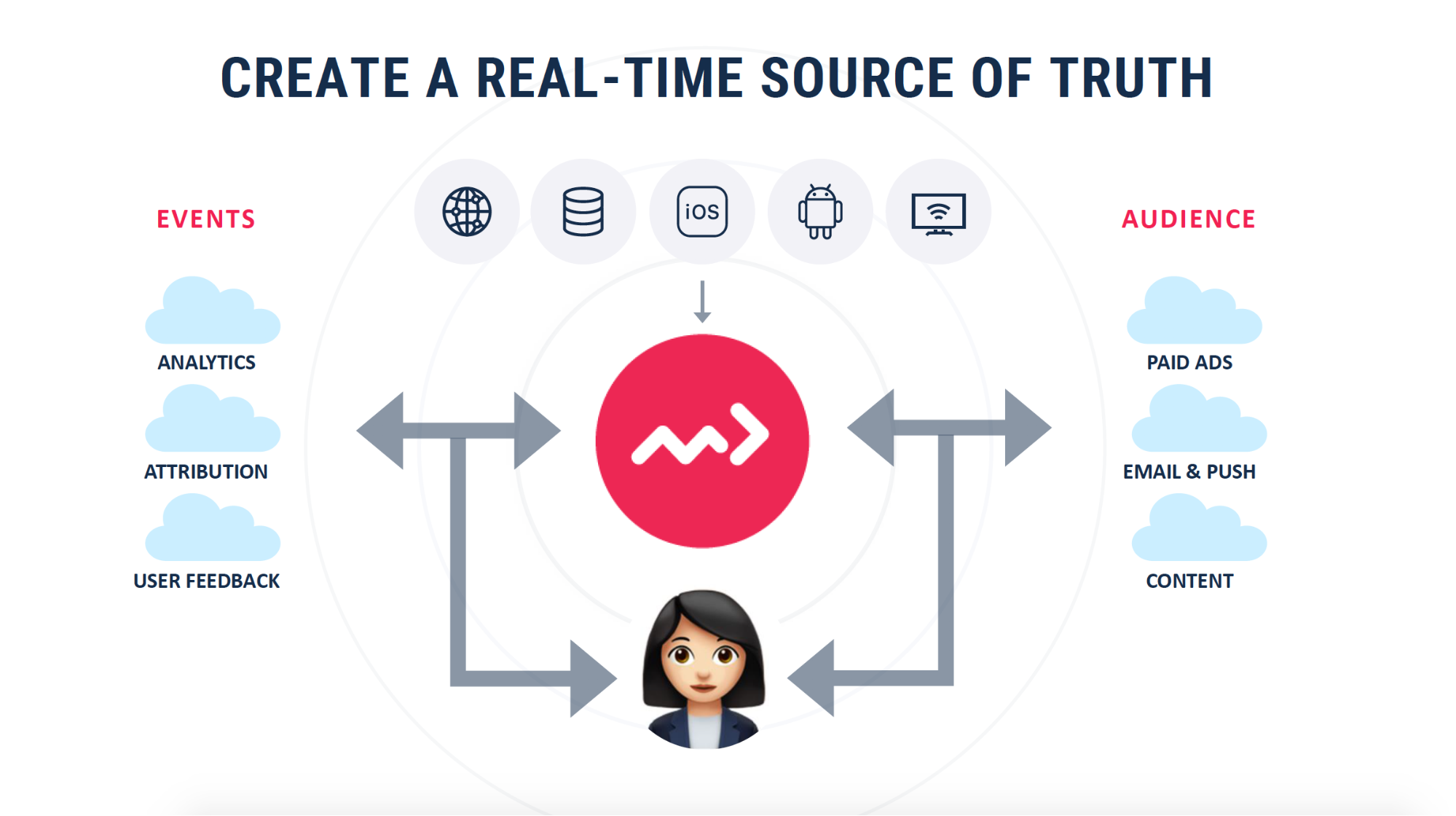
Employing a CDP allows you to identify and connect with data sources so that you can stay up-to-date with changes and make necessary corrections to ensure the quality of your data.
With all the information in one place, you can further enrich customer profiles by appending third-party data, adding location-based context, and incorporating custom predictive models.
An accurate single customer view, made possible by a robust CDP, is the foundation to the successful implementation of omnichannel marketing initiatives that will reach the right target audiences with the right content at the right stages of their customer journeys. While it may not be the most glamorous development in the marketing ecosystem, being on the cutting edge of marketing technology in 2018 that means becoming an expert in data governance and security.
